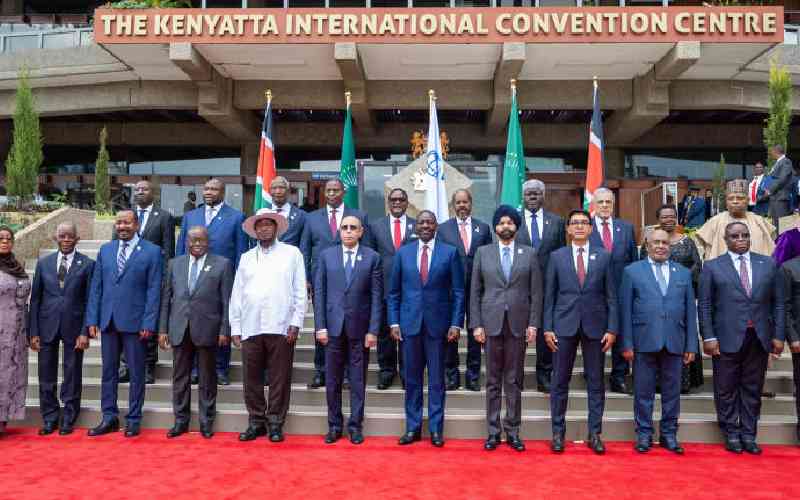
President William Ruto and two of his fellow East African leaders - Yoweri Museveni of Uganda and Paul Kagame of Rwanda - as well as the African Development Bank have expressed their displeasure with the archaic structure of international financial institutions.
The leaders have called for urgent reforms to tackle the continent's decades-old underdevelopment and worsening debt crisis. They have demanded a robust role in the Western-dominated institutions' decision-making to unlock more resources for Africa to fast-track its economic transformation.
The call was part of an extensive reform proposal that - if implemented - could secure for the continent $169.4 billion a year in development financing, or about 42 percent of estimated annual financing gap of $402.2 billion.